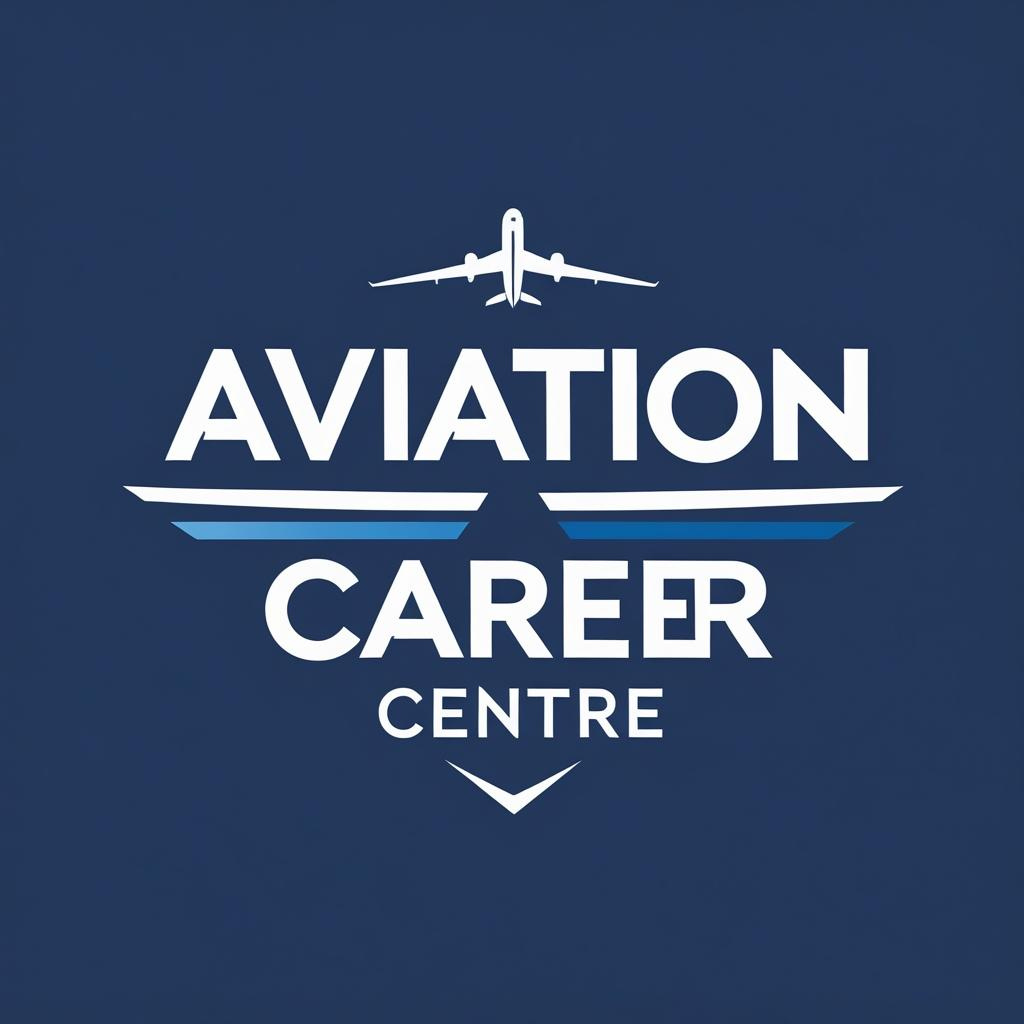Self-study approaches appeal to Hong Kong aviation students seeking flexible, cost-effective preparation methods. However, developing aviation English proficiency requires interactive practice, expert feedback, and cultural context that independent study methods cannot provide effectively.
Aviation English involves specialized communication patterns that differ significantly from general English usage. Self-study materials, even those designed for aviation contexts, cannot replicate the dynamic communication requirements of actual flight operations. Students may master theoretical knowledge about aviation terminology while remaining unable to use this language effectively in real-time situations.
The pronunciation requirements for aviation communication demand expert guidance that self-study cannot provide. Air traffic control communications require precise articulation, specific intonation patterns, and standardized pronunciation that ensures clarity in radio environments. Students cannot assess their own pronunciation accuracy or identify subtle errors that could cause communication failures in operational contexts.
Listening comprehension development proves particularly challenging through self-study methods. Aviation communications involve rapid speech, background noise, accented speakers, and technical terminology delivered under time pressure. Pre-recorded materials cannot replicate the variability and unpredictability of actual aviation communication environments that students must master.
The interactive nature of aviation communication requires practice with responsive partners who can provide realistic scenarios and appropriate feedback. Self-study approaches typically involve one-way information consumption rather than the dynamic exchanges that characterize professional aviation communication. Students miss essential practice in managing interruptions, clarifying misunderstandings, and adapting communication styles to different situations.
Cultural competency represents another significant limitation of self-study approaches. Aviation operates in international contexts where communication effectiveness depends on understanding cultural differences, professional hierarchies, and industry conventions. These subtleties require exposure to authentic cultural contexts that independent study materials cannot provide.
Progress assessment proves difficult for self-study students who lack objective evaluation methods. Students cannot accurately judge their own proficiency levels or identify specific areas requiring improvement. This self-assessment limitation often leads to overconfidence in some areas while neglecting critical deficiencies in others.
The motivation and discipline required for effective self-study exceed what most students can maintain consistently. Language development requires regular practice over extended periods, with immediate feedback and correction. Without external accountability and structured progression, most self-study efforts lose momentum and fail to achieve meaningful proficiency improvements.
Self-study materials often lack the systematic progression necessary for building aviation English competency. Students may encounter advanced concepts before mastering foundational skills, creating confusion and gaps in understanding. Professional instruction provides structured curricula that ensure appropriate skill development sequences.
The isolation inherent in self-study prevents students from developing the confidence necessary for professional communication. Aviation environments require assertive, clear communication under pressure. Students who practice only independently often struggle with the interpersonal dynamics and real-time decision-making that characterize actual aviation communication.
Technical accuracy becomes problematic when students lack expert verification of their understanding. Aviation communication involves precise terminology where small errors can have significant safety implications. Self-study students may develop incorrect usage patterns that prove difficult to correct once established.
The time efficiency of self-study often proves deceptive. While independent study may seem faster initially, the lack of expert guidance typically leads to longer overall development times. Students spend time on inappropriate materials, practice incorrect techniques, and miss efficient learning strategies that professional instruction provides.
Emergency communication procedures require specialized training that self-study approaches cannot deliver effectively. These critical skills involve rapid, precise communication under extreme stress conditions. Students need guided practice with realistic scenarios and expert feedback to develop the competencies required for emergency situations.
For Hong Kong students serious about aviation careers, professional instruction provides essential elements that self-study cannot replicate. Expert guidance, interactive practice, cultural context, and systematic progression create learning environments that produce genuine aviation English proficiency rather than theoretical knowledge alone.
